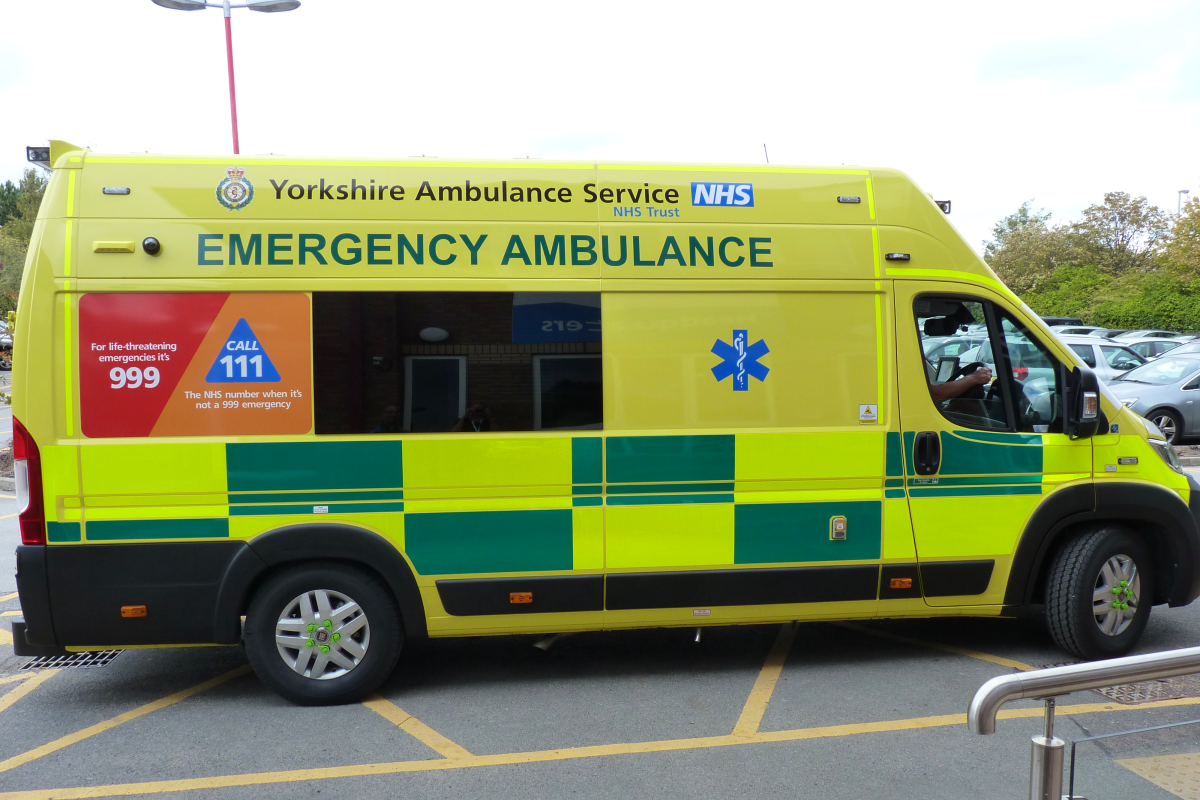
During forthcoming industrial action on Monday, Yorkshire Ambulance Service NHS Trust is, once again, asking members of the public to only dial 999 for an ambulance where a patient has a life-threatening or very serious condition.
Strike action by GMB members is planned on Monday 6 February and the A&E Operations (frontline emergency ambulances and 999 call handling) and NHS 111 services will be impacted. Minimal disruption is expected to the non-emergency Patient Transport Service (PTS).
This industrial action is part of a national pay dispute with the government.
Union membership in Yorkshire Ambulance Service of GMB is approximately 1,370 staff (out of a workforce of over 7,000).
YAS say:
Whilst we recognise and respect individuals’ legal right to participate in industrial action, our priority remains ensuring that patient and staff safety, welfare, dignity, and respect are maintained.
Yorkshire Ambulance Service has put a number of contingency plans in place to allow it to respond to high acuity life-threatening and very serious cases during the strike.
Discussions between GMB representatives and the Yorkshire Ambulance Service senior management team have resulted in derogations (also known as exemptions) being put in place. For our emergency ambulance service, this will include responding to calls where someone is in a life-threatening condition.
Nick Smith, Executive Director of Operations at Yorkshire Ambulance Service NHS Trust, said:
“During the previous three strike days, the public responded as we’d asked them to and used our emergency service appropriately for very serious and life-threatening incidents.
"This was very helpful and eased the challenges we faced.
“With further industrial action across key services, we will have less resources available to respond to patients on Monday 6 February. Services will be severely disrupted, with the likelihood of delays in emergency responses and telephone calls to 999 and NHS 111 being answered.
“So, once again, we are asking the public to use our services wisely, but particularly our emergency ambulance service. We will be here for those who really need us, but you should only call 999 when someone is in a life-threatening or very serious condition as we prioritise our responses.
“Ambulances will still be able to respond during the strike, but this will only be where there is an immediate risk to life. Less serious calls may not receive a response or a significantly delayed response for the duration of the strike action and some patients might be asked to make their own way to hospital, where it is safe for them to so.
“Patients waiting for an ambulance should only call back if their symptoms worsen or to cancel an ambulance if alternative transport has been arranged, so that our lines are available to take new emergency calls.”
“We also ask that people seek help and advice from alternative healthcare providers, including NHS 111 Online (111.nhs.uk), their own GP or by visiting a pharmacist.”





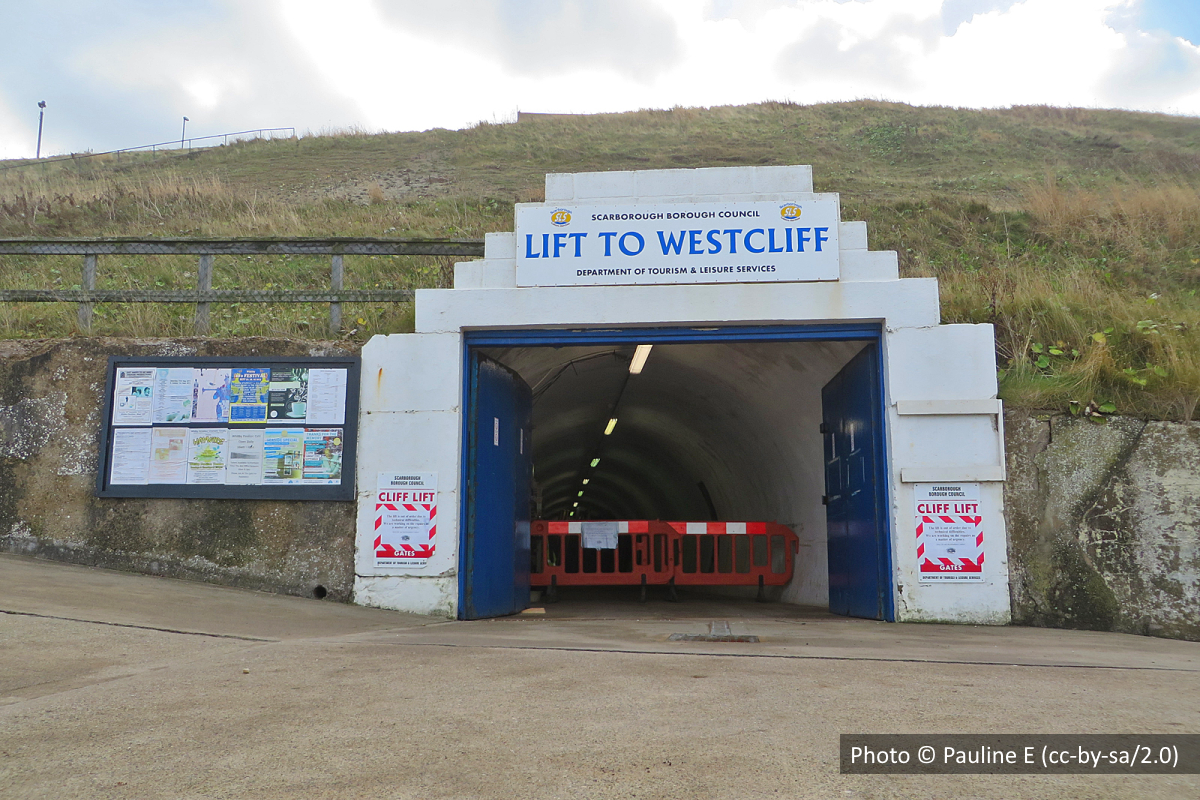 Concerns Over "Infilling" of Whitby Cliff Lift
Concerns Over "Infilling" of Whitby Cliff Lift
 Boro Sign Central Defender
Boro Sign Central Defender
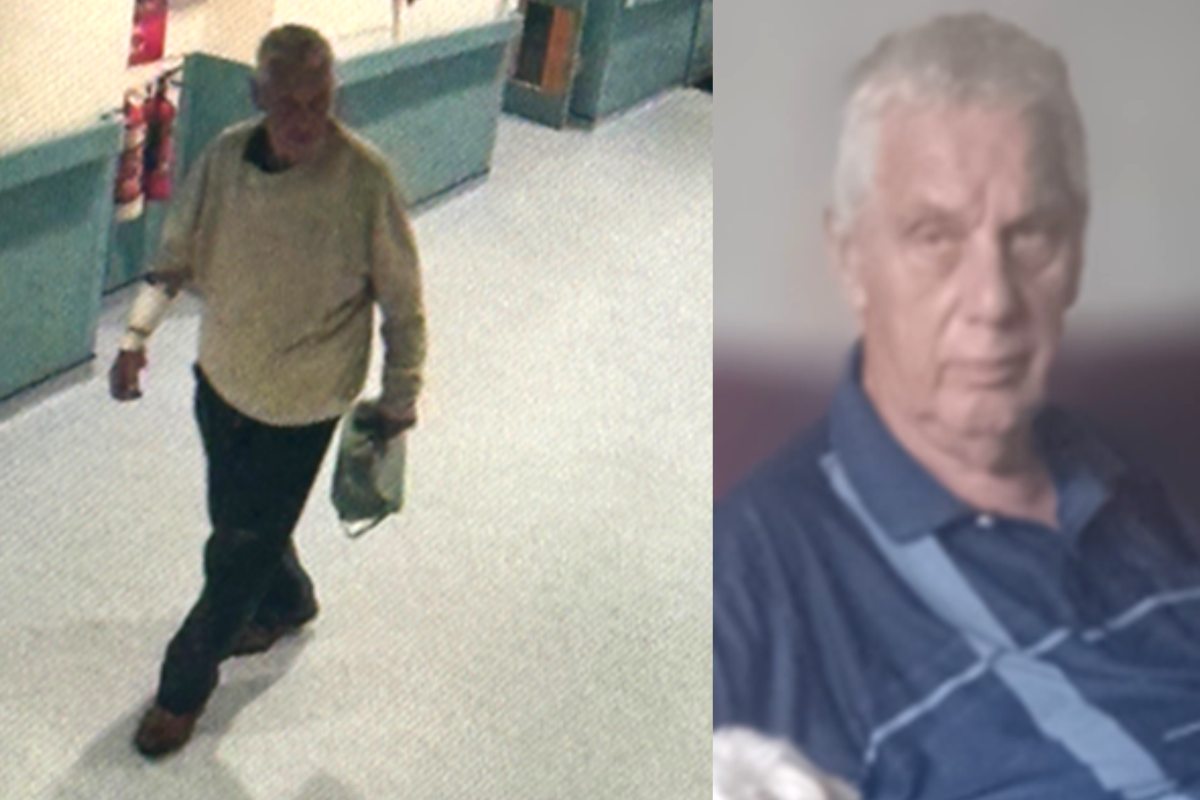 Police Searches Continuing to Find Missing Douglas Watts
Police Searches Continuing to Find Missing Douglas Watts
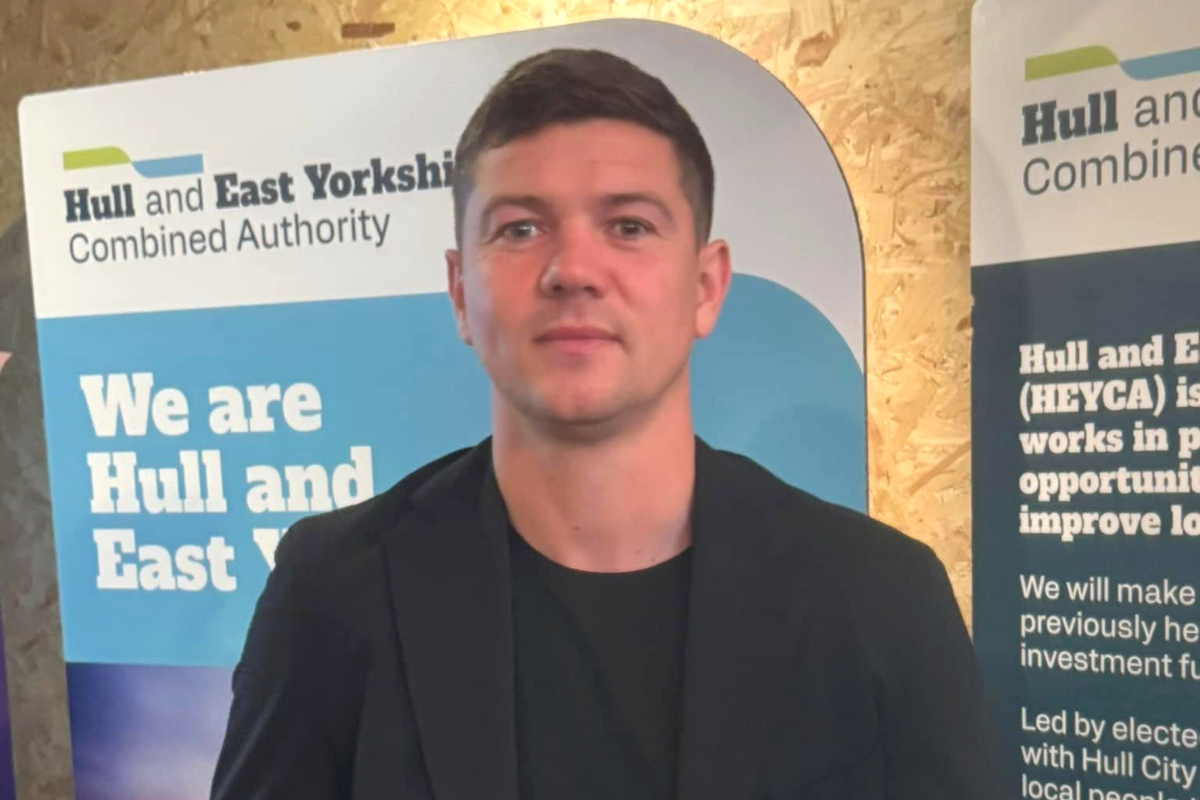 New Roles For East Riding Chiefs
New Roles For East Riding Chiefs
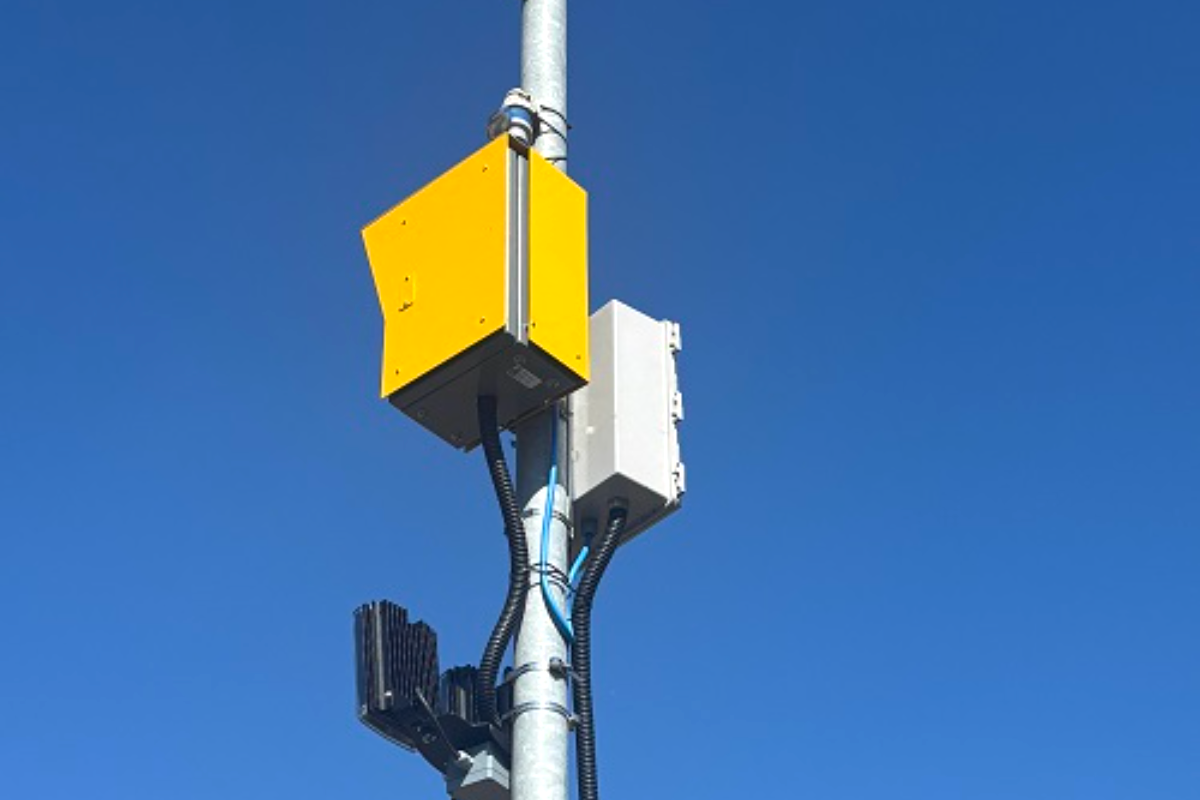 North Yorkshire Police Reveal Road Safety Measures
North Yorkshire Police Reveal Road Safety Measures
 Scarborough Council Forms Harbour Committee
Scarborough Council Forms Harbour Committee
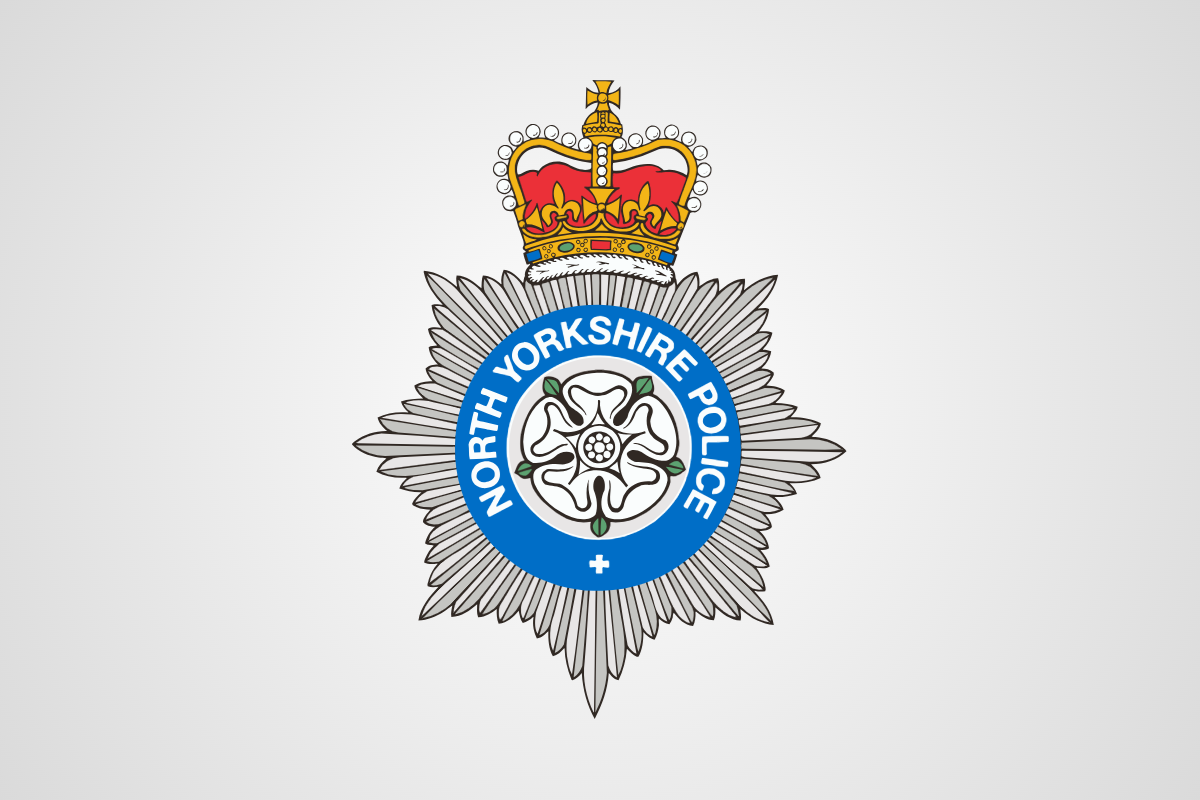 Police Appeal To Find Missing Pensioner Who May Be On Yorkshire Coast
Police Appeal To Find Missing Pensioner Who May Be On Yorkshire Coast
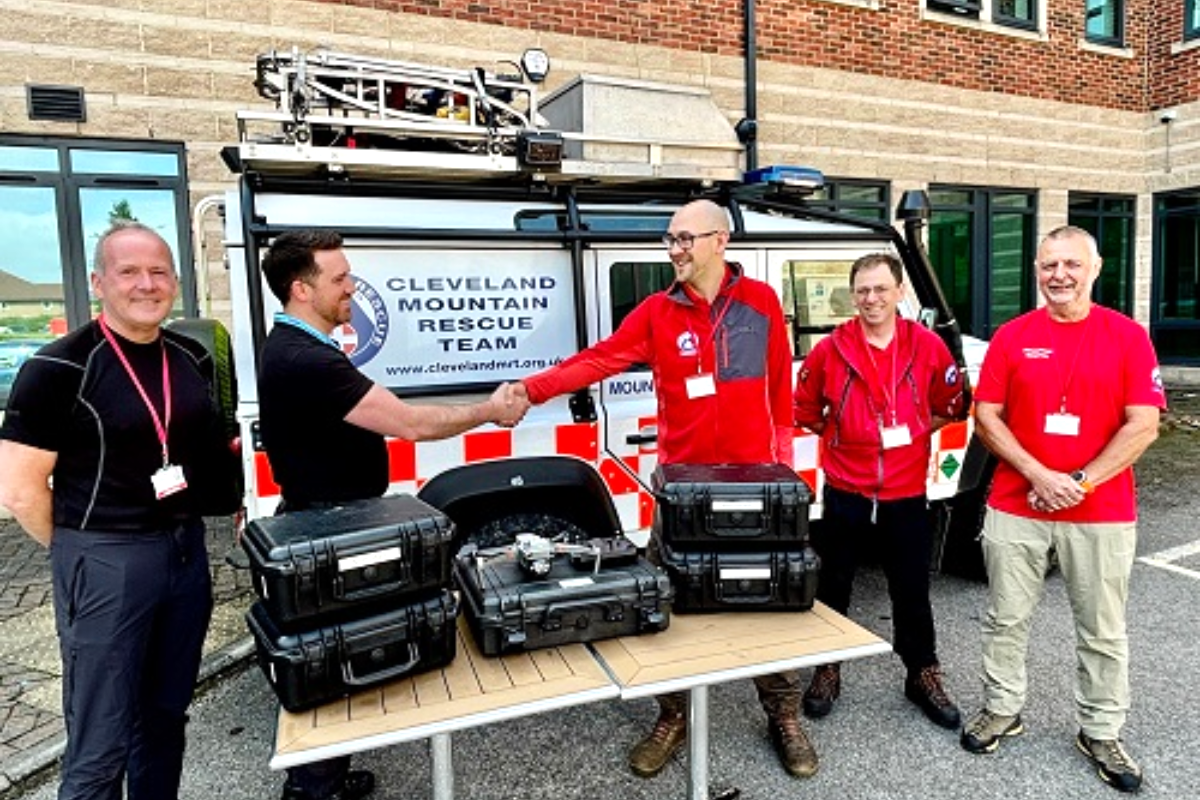 North Yorkshire Police Donate Drones to Mountain Rescue Charity
North Yorkshire Police Donate Drones to Mountain Rescue Charity
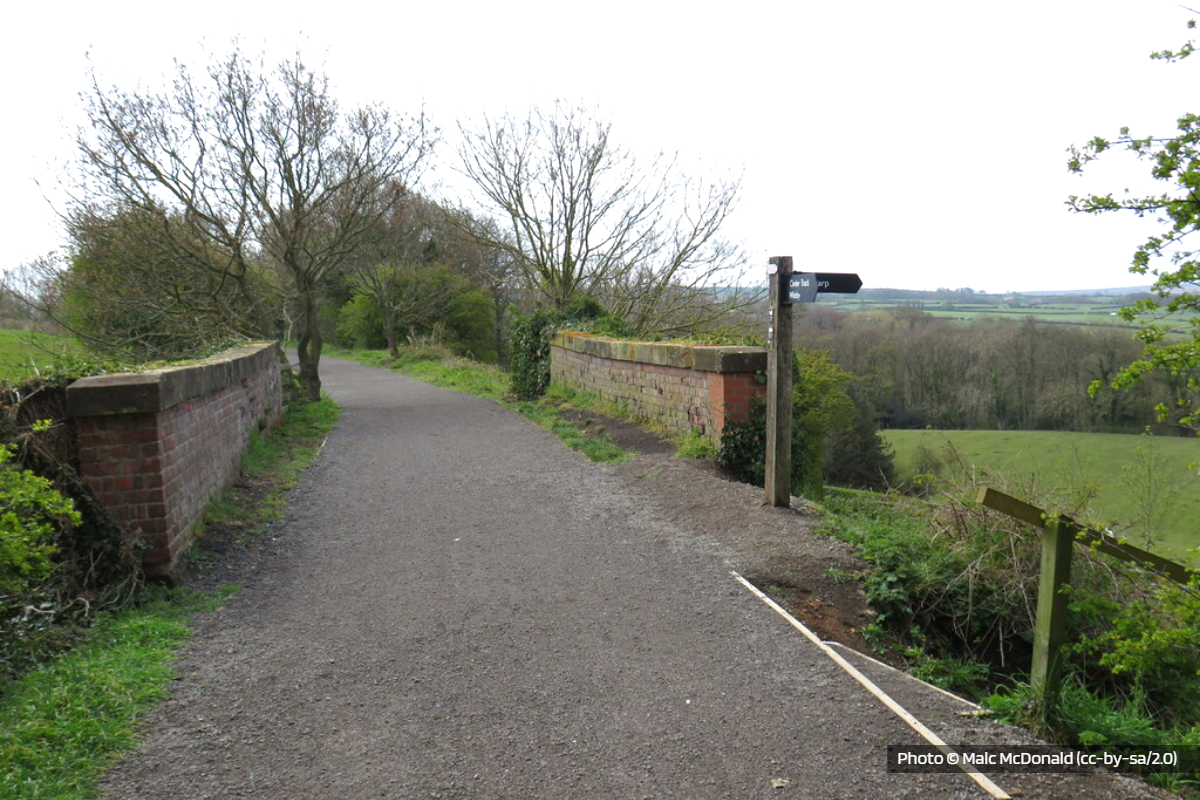 Scarborough Charity Volunteers Hit The Pedals For New Van
Scarborough Charity Volunteers Hit The Pedals For New Van
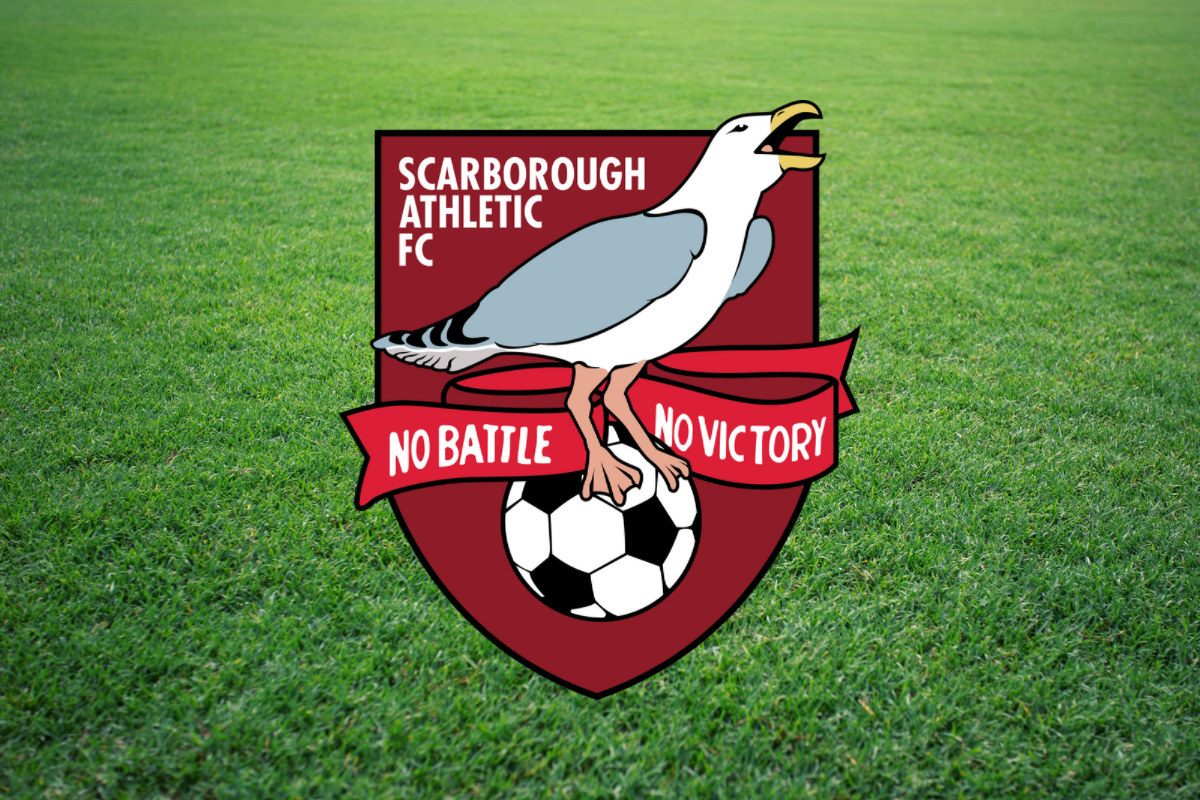 Four-some Seadogs Remain Unbeaten
Four-some Seadogs Remain Unbeaten
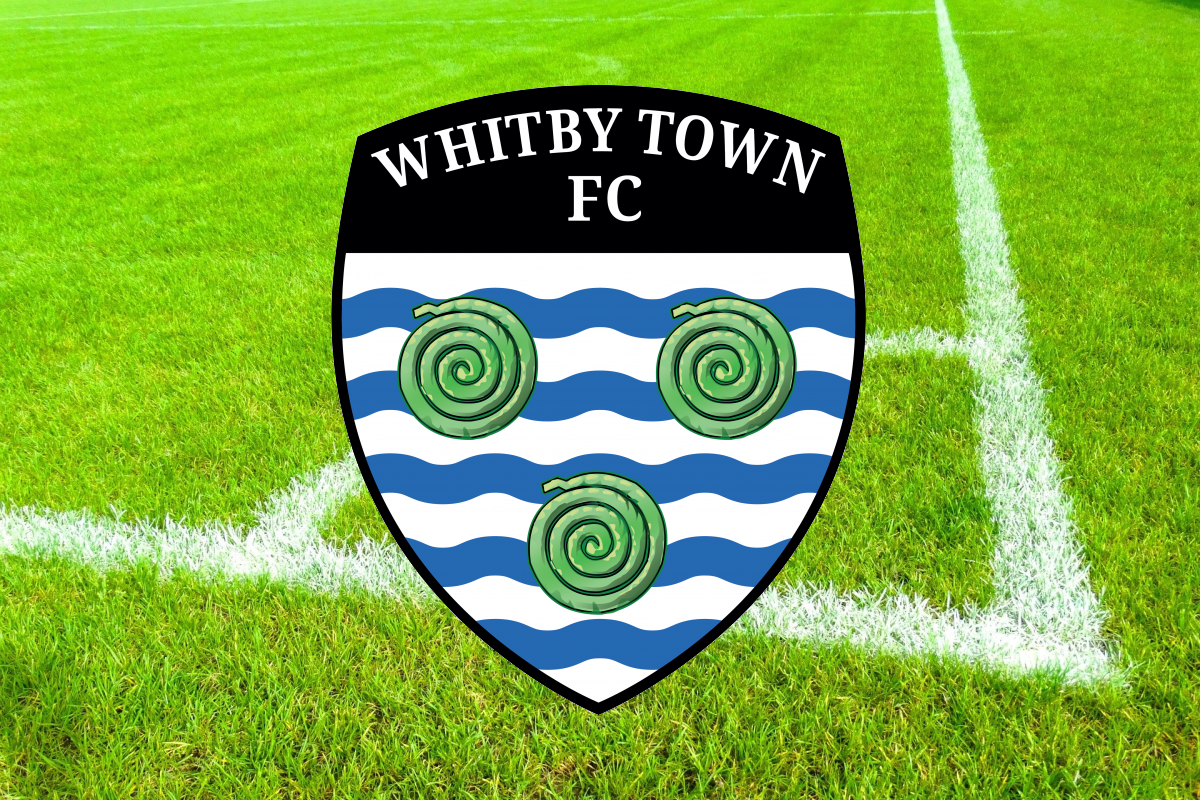 Blues Fightback in Coastal Derby
Blues Fightback in Coastal Derby
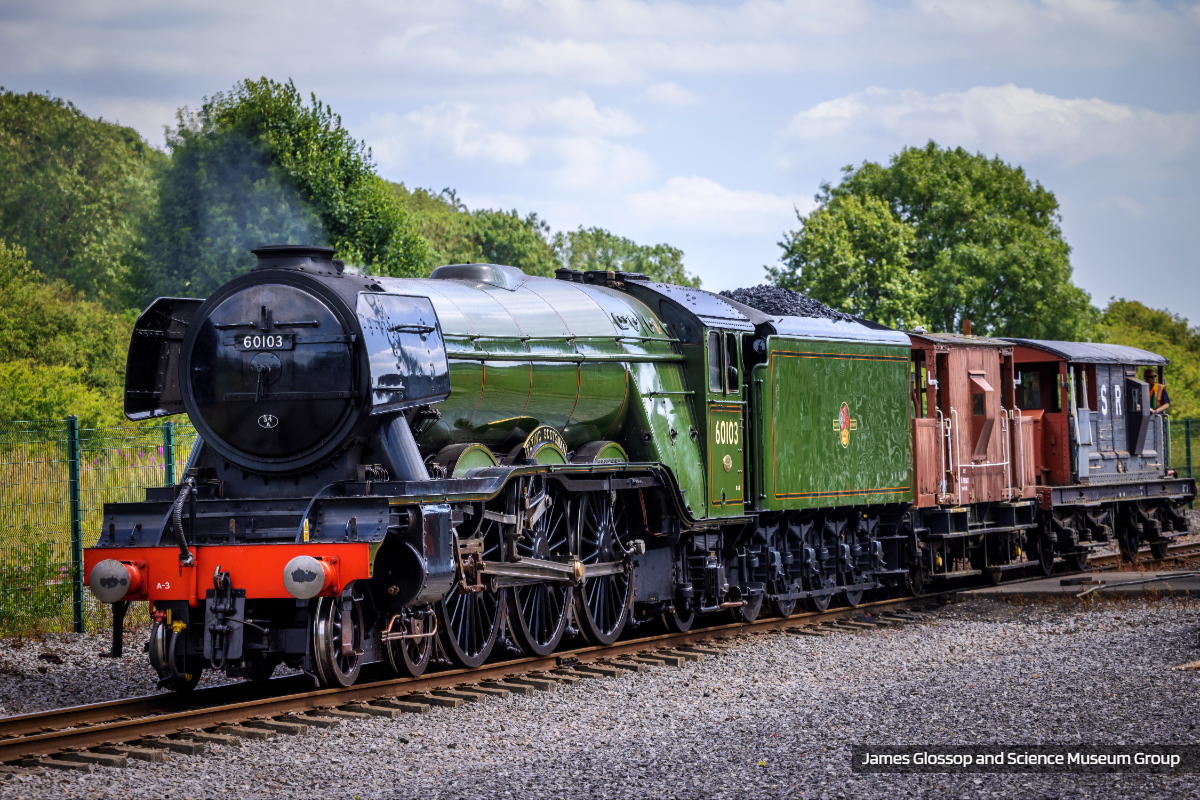 Flying Scotsman to Return to North Yorkshire Moors Railway
Flying Scotsman to Return to North Yorkshire Moors Railway








Comments
Add a comment